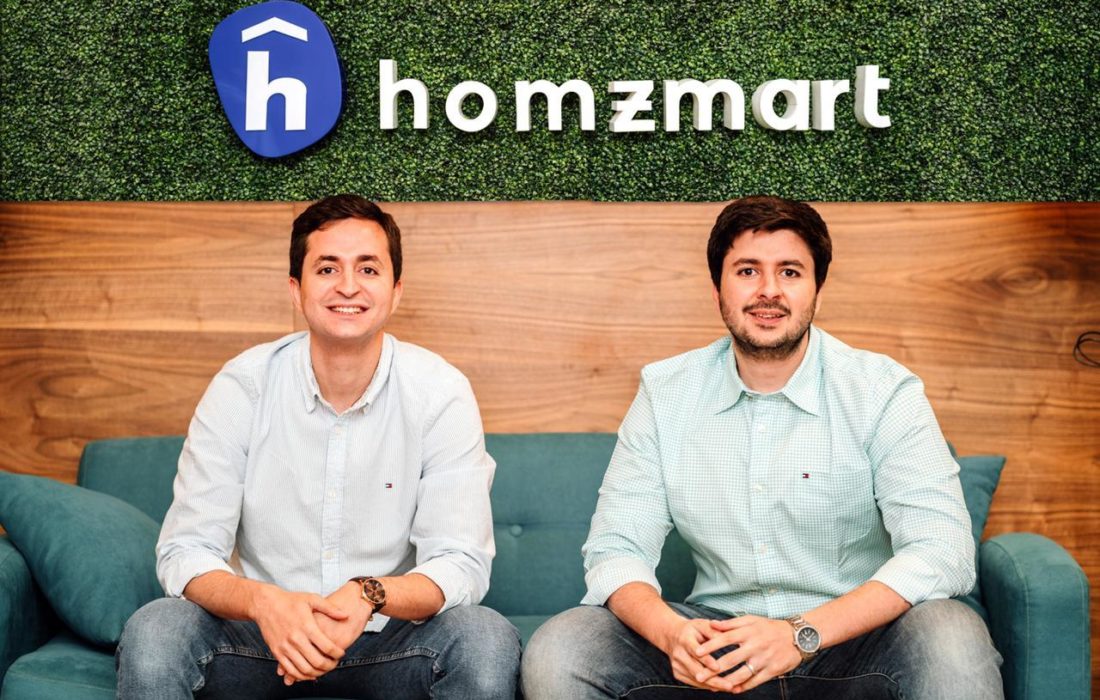Talabat Egypt’s new Managing Director, Hadeer Shalaby tells WAYA about the company’s philosophy, plans and commitment to the SMEs market.
Egypt has a big appetite for food delivery, a market that is valued at around $2.5 billion. One key stakeholder of this market is Hadeer Shalaby, an entrepreneur who was hired in January as a managing director of Talabat Egypt. Shalaby’s background is an intersection between logistics. She first started “Taxi El-Sahel,” her taxi business operating at the Egyptian North Coast, a summer escape for most city dwellers. A few months into her entrepreneurial journey, this taxi business got acquired by the ride-hailing company, Careem. Ever since she climbed the ladders of the hierarchy at Careem until she got hired at the top of the food delivery chain at Delivery Hero’s Talabat.
This is Hadeer Shalaby in a nutshell. Her extensive hands-on experience with fleets, logistics, and delivery has inspired us to have a conversation about food delivery as a market, as a future, and as a tool to help small and medium enterprises.
What are your views on the delivery landscape in Egypt?
Egypt is all about food delivery. We grew up with it as a service that the whole community depends on. As for the online food delivery scene, I would say we are very early on in this journey; not just Talabat but the whole industry. We are focusing on expanding it and getting the community to realize and understand that online ordering is a lot more efficient for them; i.e. for the customer, vendor, and rider. Technology simply makes everything more affordable, fast and provides a better experience.
So what we need to do to make it more seamless than it is today and payments a lot easier, and to avail more options and products on the platform and personalize it more to our customers so that they can do all what they do using the phone today simply on the app tomorrow without having to call anyone.
We will continue to drive the growth of the delivery sector, open up new jobs and new opportunities for the Egyptian community. We are also committed to the small and medium enterprise community, who represent around 96% of our vendors, focusing on helping them scale up.
What role did delivery services play in the pandemic?
Delivery for sure played a key role during the pandemic. It did not only help keep people at home by delivering almost all their needs to their doorstep and accordingly contributing to curbing the spread of the virus, but it also helped the economy recover. For example, at Talabat we supported restaurant partners who couldn’t have dine-in customers due to COVID by pushing campaigns through our channels which will, in turn, benefit both the restaurant and the customers. We also invested in growth by introducing new services to support our partners and provide stronger value to end-users – such as affordability, variety and speed. We supported SMEs who represent around 92% of Talabat inventory and reached its highest point in 2020 with 96%. This shows that we’re committed to the SME community and our focus lies in helping them scale upwards. This is what we will continue to push for – offering our partners the opportunity to reach a much wider audience using our tools and platform. Utilizing existing digital infrastructure such as Talabat offers great opportunity for entrepreneurs and small to medium enterprises. Platforms are in active discussions to help local entrepreneurs in our markets – to stock more local produce, and to help local farmers thrive.
How can delivery services and companies improve?
The most important aspect to consider is anticipating delivery time and prep time. In Talabat we’ve introduced last-mile delivery, which is without a doubt one of the most challenging aspects of running a business – especially with the Cairo traffic and delays. It’s also the most expensive part of running a delivery business. How does it work? By enhancing our tech, algorithms and using AI allows us to anticipate troughs and peaks in demand to be able to reroute the riders and make sure that delivery expectations and times are met.
Another important feature that our AI/ technology helps with is anticipating meal/order preparation time making sure our rider arrives on time for pickup.
What should business owners consider when adding delivery as a feature?
In general, It’s very important for young business owners to ensure that their operations can scale with them as demand increases and to be solution-oriented. Most of the challenges we face in the start-up world you always believe it’s impossible and this idea can never work, no one did this before. So being solution oriented and always thinking in terms of finding a solution and testing so many solutions until you can achieve what you want.
—
Shalaby believes that the future of e-commerce is quick commerce (Q-commerce). With Talabat, Shalaby is paving the way with Q-commerce, that’s their next play for the future of the delivery industry. Being able to deliver goods bought online – not just food or groceries. Basically anything that can be delivered within an hour.
Quick commerce is something that Delivery Hero is very proud of.
“We have now entered the era of quick commerce. This category offers tremendous opportunity that has gone largely untapped. l believe we can drive global leadership in this emerging segment, and I am excited to play a part in shaping the future of delivery here,” said Niklas Östberg, CEO and Co-founder, Delivery Hero.
If you see something out of place or would like to contribute to this story, check out our Ethics and Policy section.














